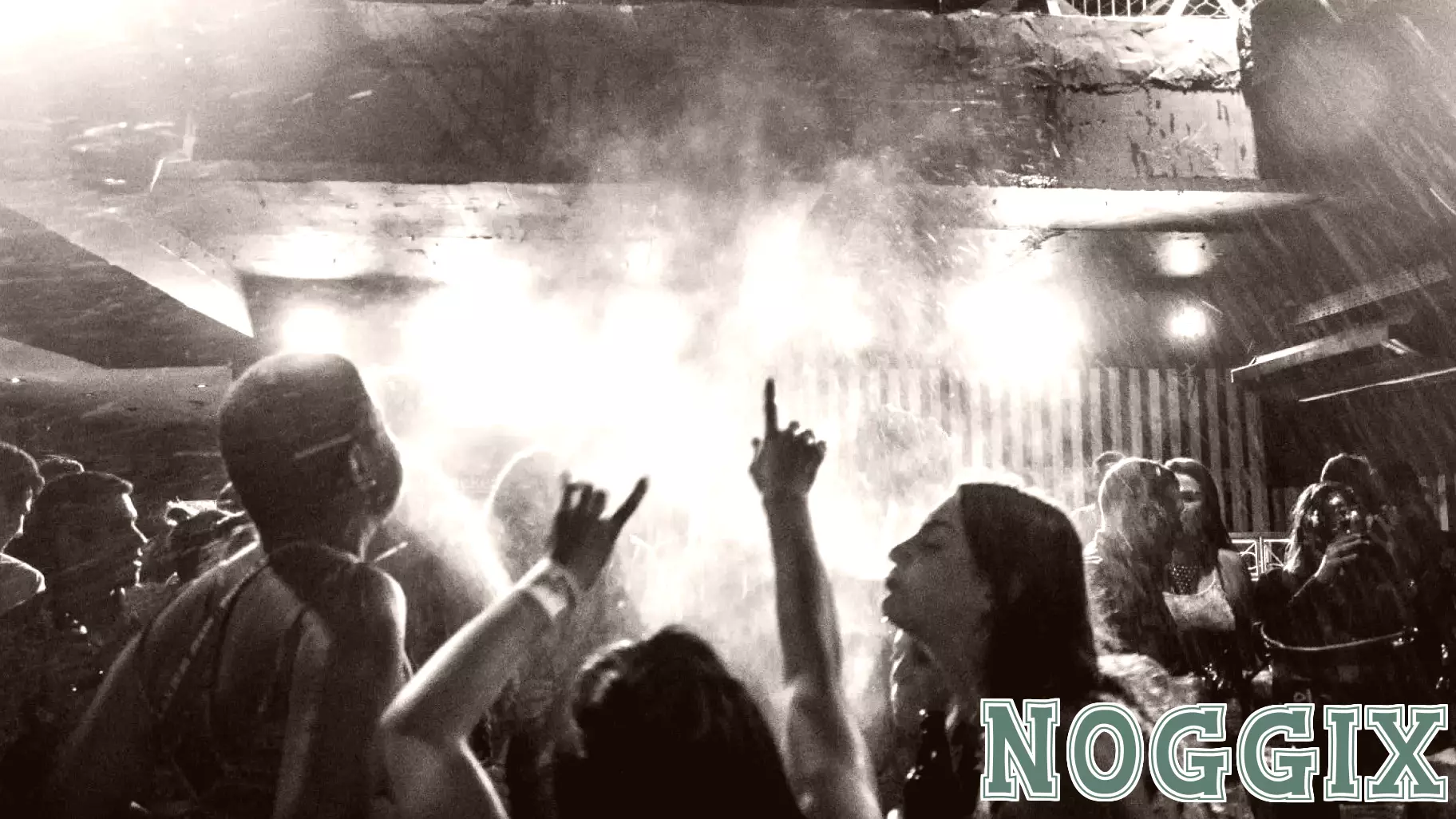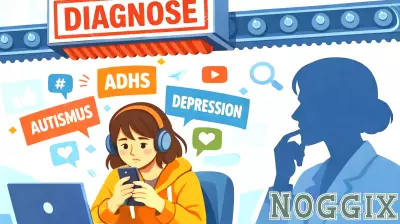The Dark Side of Youth Culture: Impact on Mental Health
December 10, 2024 - 02:56

Youth culture, often celebrated for its vibrancy and creativity, has a hidden downside that significantly affects teens and young adults. While it may provide a sense of belonging and identity, the relentless pursuit of youthful ideals can lead to severe mental health challenges. The constant bombardment of images and messages promoting an unrealistic standard of beauty and success creates immense pressure on young individuals to conform.
As they navigate their formative years, many young adults find themselves grappling with feelings of inadequacy and low self-esteem. The fear of not measuring up to societal expectations can lead to anxiety, depression, and a host of other emotional struggles. Furthermore, the prevalence of social media amplifies these issues, as platforms often highlight curated, idealized versions of life that are unattainable for most.
In this context, it's essential to foster a more inclusive and supportive environment that encourages authenticity over conformity, allowing young people to thrive without the toxic influences of an overly youth-centric culture.
MORE NEWS

January 29, 2026 - 16:30
Lessons for Life on the Anniversary of a National DisasterOn the anniversary of a profound national tragedy, reflection often turns to the lessons learned. One enduring insight moves beyond standard advice on effective choices, offering instead a powerful...

January 28, 2026 - 22:00
What recession pop reveals about the psychology of nostalgiaThe recent resurgence of 1990s and early 2000s pop culture—from low-rise jeans to flip phones—is more than a fleeting trend. Dubbed the `recession pop,` this phenomenon reveals a profound...

January 28, 2026 - 09:49
Pre-fab psychological diagnoses: Clinicians confront a new trendA growing trend is reshaping the initial conversations between therapists and clients, particularly among young adults. Increasingly, individuals are arriving for psychological assessments not only...

January 27, 2026 - 21:03
Psychological Thought Mirrors the Spirit of the TimesThe field of psychology does not develop in a vacuum. A growing body of analysis suggests that its dominant theories and frameworks often shift in alignment with broader societal values and...